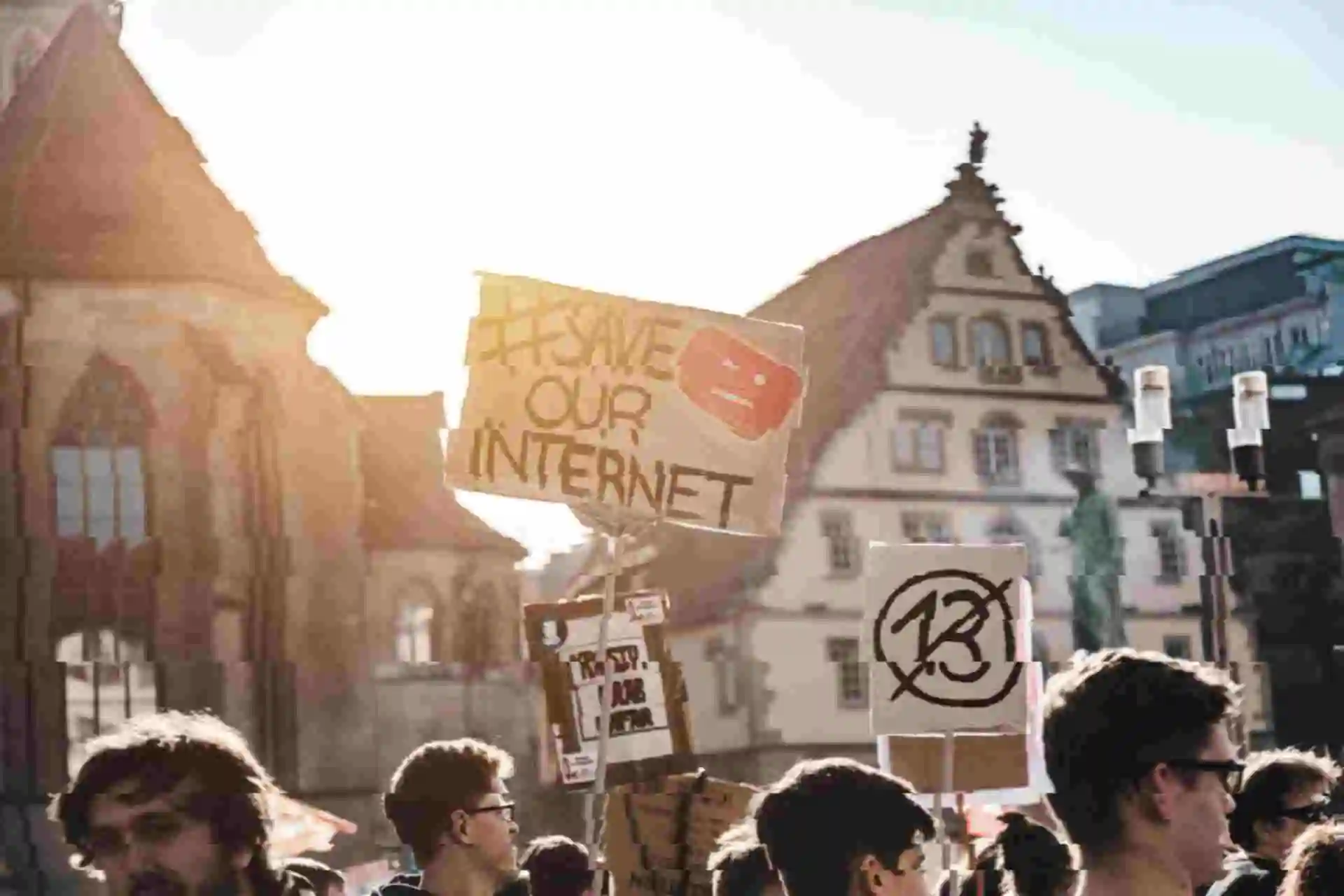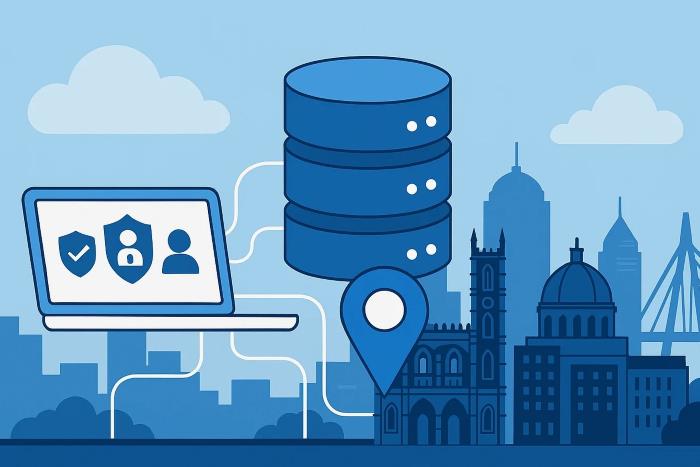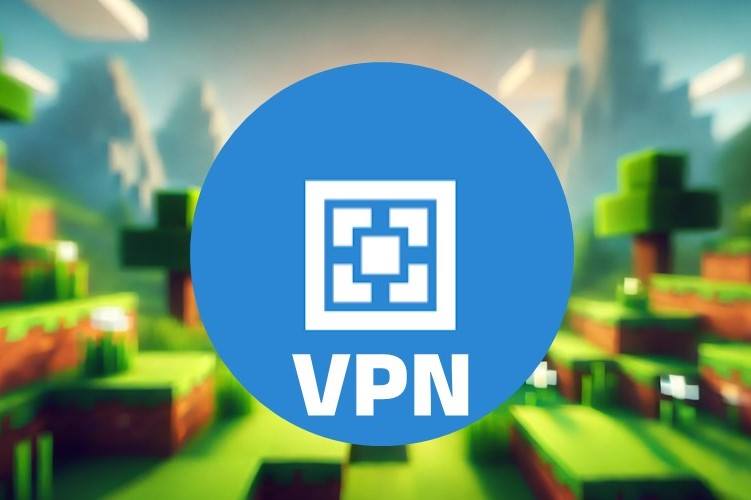Pros and Cons of Internet Censorship and How They Affect You
4 min. read
Updated on
Read our disclosure page to find out how can you help VPNCentral sustain the editorial team Read more

Internet censorship involves limiting the accessible content online by governments and private institutions. The undertaking mainly prevents exposure to harmful information.
But striking a balance between good and bad is virtually impossible. Almost always, the restrictions infringe on people’s freedom of speech.
So, let’s dive deeper and discover how to use a VPN to bypass such limitations.
Pros and cons of Internet censorship
Here is the breakdown of the primary ups and downs of controlling web usage:
Pros
While arbitrary, the main justifications for cyberspace restrictions are as follows:
- Limited exposure to harmful content — Without regulations, an Internet search would return results with unfiltered and illegal information. That way, everyone can easily find child pornography, buy illicit drugs, get involved in human trafficking, etc.
- Intellectual property protection — Censorship discourages online piracy of copyrighted works like music, movies, and software. Furthermore, it protects creators from revenue loss by ensuring consumers purchase content through the proper channels.
- Fake news control — False information, if left unmonitored, can spread like bushfire. Websites that promote such reports typically use persuasive language to ensure traffic. Fake news often intends to inspire panic, leading to political unrest and financial breakdown.
- Identity theft prevention — Stealing and cloning personal details is a fast-rising crime worldwide. It’s undertaken through websites that trick you into sharing your data. Accordingly, online restrictions reduce the chances of falling victim to such platforms.
- Strengthening national security — Hacking critical government systems can threaten the country’s security. That is preventable by enacting laws that ensure stiff penalties for such acts.
Let’s now jump to the other perspective on the pros and cons of internet censorship.
Cons
Every debate has two sides, so here’s why enforcing online content control is problematic.
- Freedom of speech restrictions — Censorship limits citizens’ right to express opinions that don’t align with the government’s. Fear of prosecution because of one’s thoughts and ideas is more inherent to a dictatorship than a democracy.
- User privacy violation — Constant monitoring of cyberspace activities is required for regulations to be enforced. As a result, users lose their privacy when they browse online.
- News flow limitation— Governments can block factual news alongside false information. Moreover, people may decide to refrain from sharing verifiable content for fear of law enforcement encounters.
- Globalization initiatives obstruction — Censorship reduces cross-border communications, data exchange, e-commerce, and more. It defeats the core purpose of the Internet — to allow the furthest regions of the world free connections with each other.
- Management costs — Governments and institutions spend massive financial resources to clamp down on web usage. It results in higher taxes and more expensive goods and services.
- Entrepreneurship constraint — Most companies use web-based technologies to find and serve customers. With Internet restrictions, such businesses often need to scale down to avoid negative consequences.
- Creativity impact —There is tons of great content for inspiration and nurturing one’s skills and talents online. However, censorship limits users from acquiring knowledge to improve their capabilities.
If you find the disadvantages of these restrictions to outweigh the benefits, then it’s time to get a VPN.
The best VPN to bypass Internet censorship
Virtual Private Networks work excellently in circumventing any government and institution-controlled access to the web.
You also don’t have to worry about your privacy. You’ll anonymously surf online and won’t risk ending up on the wrong side of the law.
But that’s not all.
You’ll also notice an improvement in your connection speeds. That’s because Internet censorship systems slightly slow down the network to filter content.
That said, ExpressVPN is one of the best all-around services for accessing any information. Unlike other providers, it can’t be easily blocked by third parties.
Its benefits include:
- Ease of use — The software has a user-friendly interface, and setting up is no hassle.
- 3,000 servers — They’re strategically positioned worldwide to ensure you get reliable speeds.
- 256-bit military-grade encryption — It’s virtually impossible for anyone to intercept your activity.
- Zero-log policy — The company doesn’t store any user data.
- Diverse payment plans — Each subscription supports up to five devices, perfect for sharing with your family and friends.
- Versatility — This provider is suitable for different uses like online surfing, streaming, gaming, etc.
Wrap up
The pros and cons of internet censorship above show how it impacts people’s lives.
While the goal of protecting society is admirable, these measures also suppress the fundamental freedoms of access to information.
If you disagree with such policies, getting a VPN will safeguard your privacy, enabling you to bypass any restrictions online.









User forum
0 messages